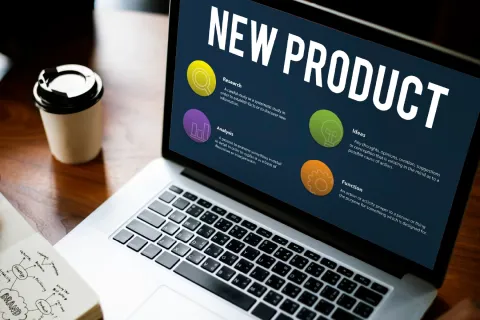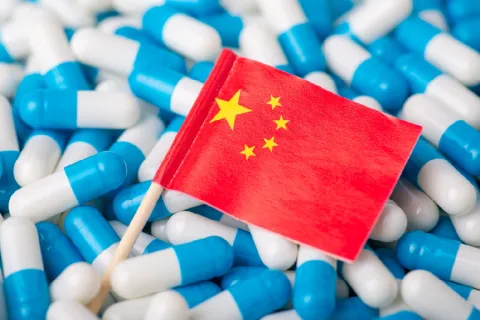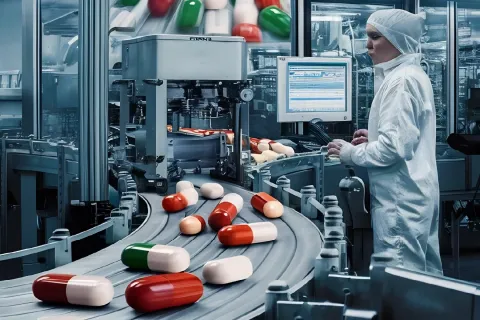
The pharmaceutical industry is at the forefront of technological advancements, research breakthroughs, and innovative drug development. In this rapidly evolving landscape, maintaining pharmaceutical Regulatory compliance is paramount to ensure patient safety, Regulatory adherence, and the integrity of the industry. Pharmaceutical Regulatory compliance is complex but surmountable. In this blog, we will discuss the key trends and challenges in navigating impurity challenges in pharmaceuticals and global Regulatory strategies.
Key Trends in Pharmaceutical Regulatory Compliance
As we step into the future, several trends are shaping Pharmaceutical Regulatory compliance in the pharmaceutical industry, promising more efficient and effective ways to ensure that medicines are safe and reliable, and reducing the likelihood of Regulatory violations.
Regulatory Harmonization
The pharmaceutical industry operates globally, making compliance with multiple frameworks a complex challenge. In the future, we can expect greater efforts toward Regulatory harmonization through international collaboration, and the alignment of global requirements will reduce redundancies, improve efficiency, and facilitate faster access to innovative medicines.
Advanced Supply Chain Monitoring
Pharmaceutical supply chains are becoming more complex, and the need for advanced supply chain monitoring is increasing. The use of blockchain technology, artificial intelligence, and machine learning promises to make pharmaceutical products safer, more accessible, and more effective. Embracing these trends will ensure Regulatory adherence and strengthen the industry's reputation.
Toxicological Risk Assessment (TRA) of Impurities, Extractables & Leachables
The presence of impurities, extractables, and leachables in pharmaceutical products can pose a significant risk to patient safety. Toxicological Risk Assessment (TRA) is a critical process that evaluates the potential risks associated with these impurities. The TRA process involves identifying the impurities, assessing their toxicity, and determining the acceptable exposure limits. The TRA process is essential to ensure that pharmaceutical products are safe for patient use.
Regulatory Challenges in Pharmaceutical Compliance
The pharmaceutical industry faces several Regulatory challenges that can impact compliance. These challenges include:
- Emergence of Novel Therapies
- Rapid Technological Advancements
- COVID-19 Pandemic
Global Regulatory Strategies:
Navigating impurity challenges in pharmaceuticals requires a comprehensive global Regulatory strategy. A global pharma Regulatory strategy involves understanding the Regulatory requirements in each market, developing a Regulatory compliance plan, and ensuring that the appropriate Regulatory submissions are made. These can be further divided as follows:
Regulatory Intelligence
Regulatory intelligence is a critical component of a global Regulatory strategy. Regulatory intelligence involves monitoring Regulatory changes, identifying potential Regulatory risks, and developing strategies to mitigate these risks. Regulatory intelligence helps organizations stay ahead of the
Regulatory Submissions
Regulatory submissions involve submitting the appropriate Regulatory documentation to the Regulatory authorities in each market. The documentation must be accurate, complete, and comply with the Regulatory requirements in each market.
Regulatory Compliance Plan
A Regulatory compliance plan ensures that organizations are compliant with the Regulatory requirements in each market and reduces the risk of Regulatory violations.
These global pharma Regulatory strategies can be a hassle-free task if partnered with a seasoned Regulatory expert. Such partnership enables organizations to navigate impurity challenges in pharmaceuticals and global Regulatory strategies with confidence. Get in touch now!









